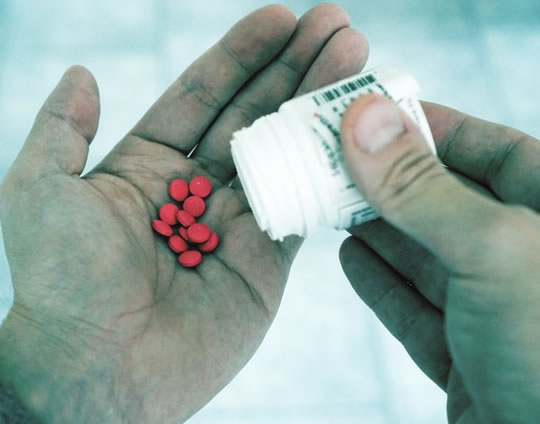The food improves cognitive performance, attention, processing speed, verbal fluency and even helps fight lack of sleep.
Cocoa flavanols have a remarkable range of mental benefits, according to a new review of the research.
Dark chocolate is a particularly rich source of cocoa flavanols.
Within hours of consuming cocoa flavanols, people’s memory performance improves, as does their ability to process visual information.
Cocoa flavanols have even been shown to reduce the damaging effects of sleep deprivation (although the study was conducted only on women).
For younger people, cocoa flavanols seem to be of most mental benefit for highly challenging tasks.
Taking cocoa flavanols over the long term has also been linked to a variety of mental benefits.
In elderly people, they have been shown to improve cognitive performance, attention, processing speed and verbal fluency.
These effects are particularly strong among elderly people starting to see age-related mental decline.
One study, published in Nature Neuroscience, found a high-flavanol diet could restore aspects of older people’s memory back to that of a typical 30- or 40-year-old.
Two of the study’s authors, Dr Valentina Socci and Dr Michele Ferrara from the University of L’Aquila in Italy, said:
“This result suggests the potential of cocoa flavanols to protect cognition in vulnerable populations over time by improving cognitive performance.
If you look at the underlying mechanism, the cocoa flavanols have beneficial effects for cardiovascular health and can increase cerebral blood volume in the dentate gyrus of the hippocampus.
This structure is particularly affected by aging and therefore the potential source of age-related memory decline in humans.”
However, there are some side-effects to eating chocolate, the authors say:
“Regular intake of cocoa and chocolate could indeed provide beneficial effects on cognitive functioning over time.
There are, however, potential side effects of eating cocoa and chocolate.
Those are generally linked to the caloric value of chocolate, some inherent chemical compounds of the cocoa plant such as caffeine and theobromine, and a variety of additives we add to chocolate such as sugar or milk.”
Nevertheless, the scientists themselves are devotees:
“Dark chocolate is a rich source of flavanols.
So we always eat some dark chocolate.
Every day.”
The study was published in the journal Frontiers in Nutrition (Socci et al., 2017).
Finger licking image from Shutterstock










